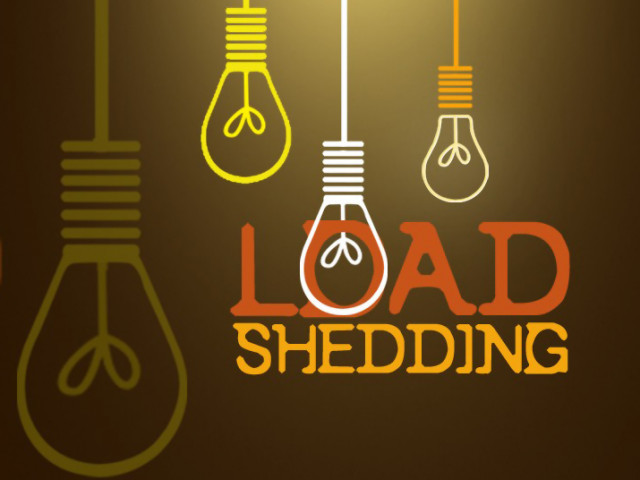No end in sight to power load-shedding
Circular debt swells as recoveries remain low.

The swelling debt has led to excessive load-shedding across the country, sparking violence in some cities. The grim picture was painted in a meeting held at the Ministry of Water and Power, chaired by Federal Water and Power Minister Ahmad Mukhtar, on Monday.
According to a government official, the power distribution companies were directed to come up with a plan by July 10 to improve recovery of bills.
In the face of uncontrollable circular debt, the government has been unable to substantially reduce load-shedding. On Monday, power shortfall was 4,870 megawatts as production stood at 12,844 megawatts against demand of 17,714 megawatts.
Despite tall claims made by newly-appointed Power Minister Ahmed Mukhtar, no substantial improvement could be made in power production to meet average demand of 17,500 megawatts, resulting in 12-hour outages in urban areas and 20-hour load-shedding in rural areas.
A senior official of the water and power ministry pointed out that failure of power companies to recover dues from consumers, including provincial and central governments, pushed circular debt to Rs783 billion, including Rs383 billion in receivables and Rs400 billion in payables.
According to the official, Mukhtar expressed dismay in the meeting over weak performance of power distribution companies in terms of recoveries. The minister directed the companies, except for Karachi Electric Supply Company (KESC), to ensure bills’ recovery on a fast track and give updates on July 10.
Estimates of the National Transmission and Dispatch Company (NTDC) show that Sindh owes more than Rs39 billion in power dues, Balochistan owes Rs18 billion, Punjab has to pay Rs5 billion, Khyber-Pakhtunkhwa has to pay Rs16 billion and Azad Jammu and Kashmir owes Rs10 billion.
On the other hand, receivables of Pakistan State Oil (PSO), the country’s largest oil marketing company, from power companies stood at Rs194.785 billion.
Owing to accumulating receivables of oil marketing companies, they have slowed oil supplies to power generating companies, causing a reduction in electricity production.
In turn, oil suppliers find it difficult to pay to refineries. Payables of PSO to local refineries have crossed Rs85.055 billion.
Published in The Express Tribune, July 3rd, 2012.











1724319076-0/Untitled-design-(5)1724319076-0-208x130.webp)






COMMENTS
Comments are moderated and generally will be posted if they are on-topic and not abusive.
For more information, please see our Comments FAQ